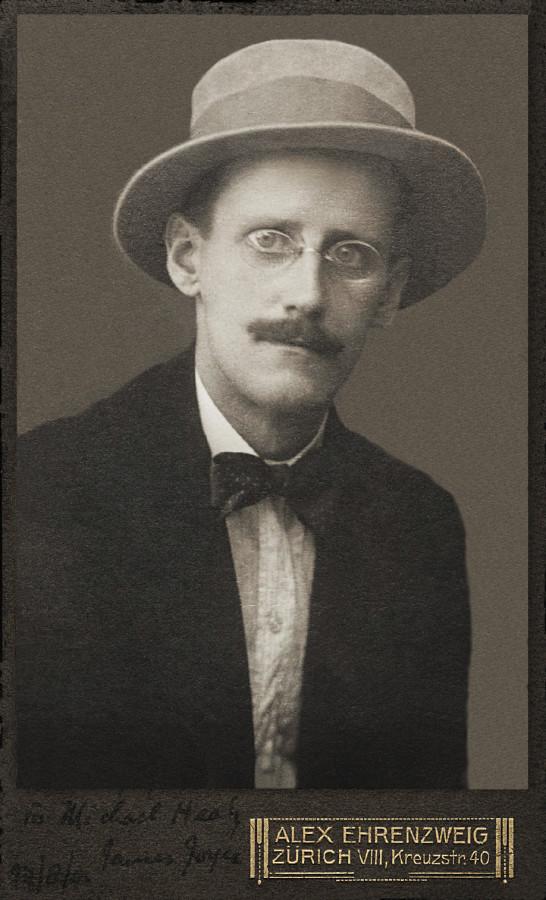The Ireland Project
May 12, 2014
The Ireland Project performance blew me away. If you didn’t see it this past Saturday, see the YouTube recording. As with most theater, it is the physical, human presence of the actors that lends power to their words and actions, but the watching recording would be better than not watching at all.
At several points I found myself wondering if a particular story was based on the experience of people in the ensemble or on what they had gathered in the interviews. The characters voiced such raw emotion that it was hard to imagine an interviewee sharing those experiences. The performance seemed so often to suit the story that it was hard to imagine someone not familiar with the story conveying it so convincingly.
Then I’d catch myself and go through the same reminders I give my students when they discuss whether a book reflects actual events from an author’s life: “Don’t confuse the product with the producer.” Or “With a good imagination a writer can explore what the characters feel without having actually experienced it.” Or “Don’t worry about whether events in a story actually happened—artistic truth is not the same as historical truth.”
That’s all fine, and such reminders prevent our getting distracted from the text at hand. But we humans feel drawn to human contact: we want to know each other. Sure we want to know characters, but great work makes us curious to know the living person behind the characters, too. One outlet for that desire is literary gossip, whether about large events such as Ted Hughes’ affair and Sylvia Plath’s suicide, or about small events such as William Faulkner peeing off the porch to keep tourists out of his yard. Another outlet for our interest in the artists themselves is the “literary biography.” See, there’s even a literary form that feeds the appetite we English teachers so often discourage in class.
Interestingly, some of the best of literary biographies treat Irish greats like James Joyce, Oscar Wilde, and Samuel Beckett. Maybe the Irish traditions of storytelling make the storyteller more of a presence than in other traditions.
Aside from those big-picture ruminations, though, the most important conclusion to draw from my wondering during the play is this: the play was so moving—so well crafted and executed—that I wanted to know more. The play made me care about the characters’ experiences. That’s theater. The questions the play provoked in me are evidence of the well-developed writing and acting from the members of the Ireland Project.



